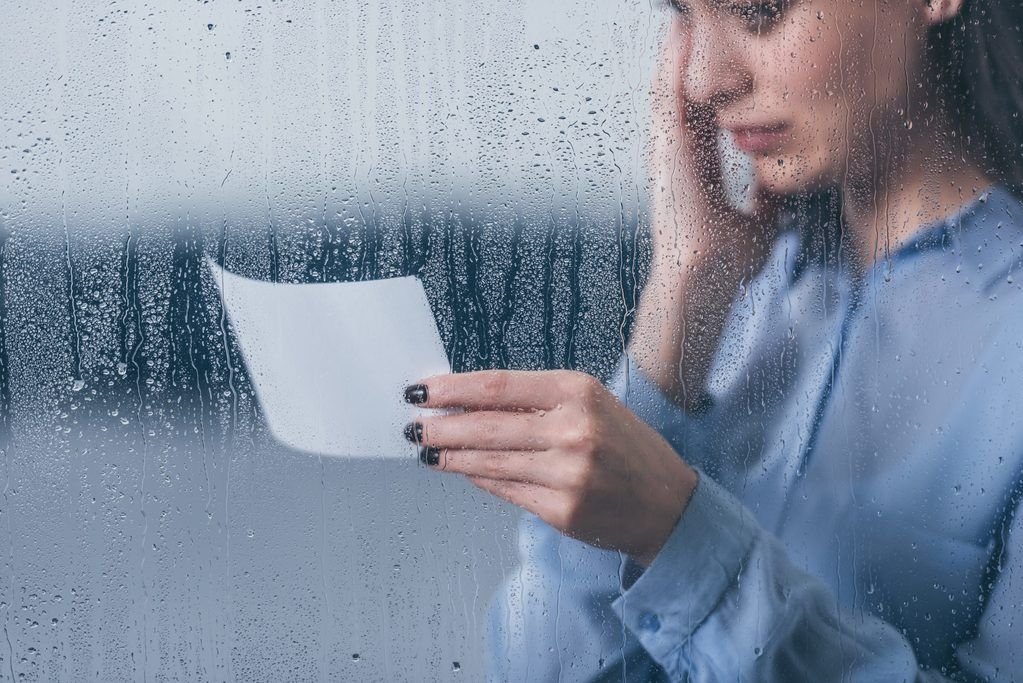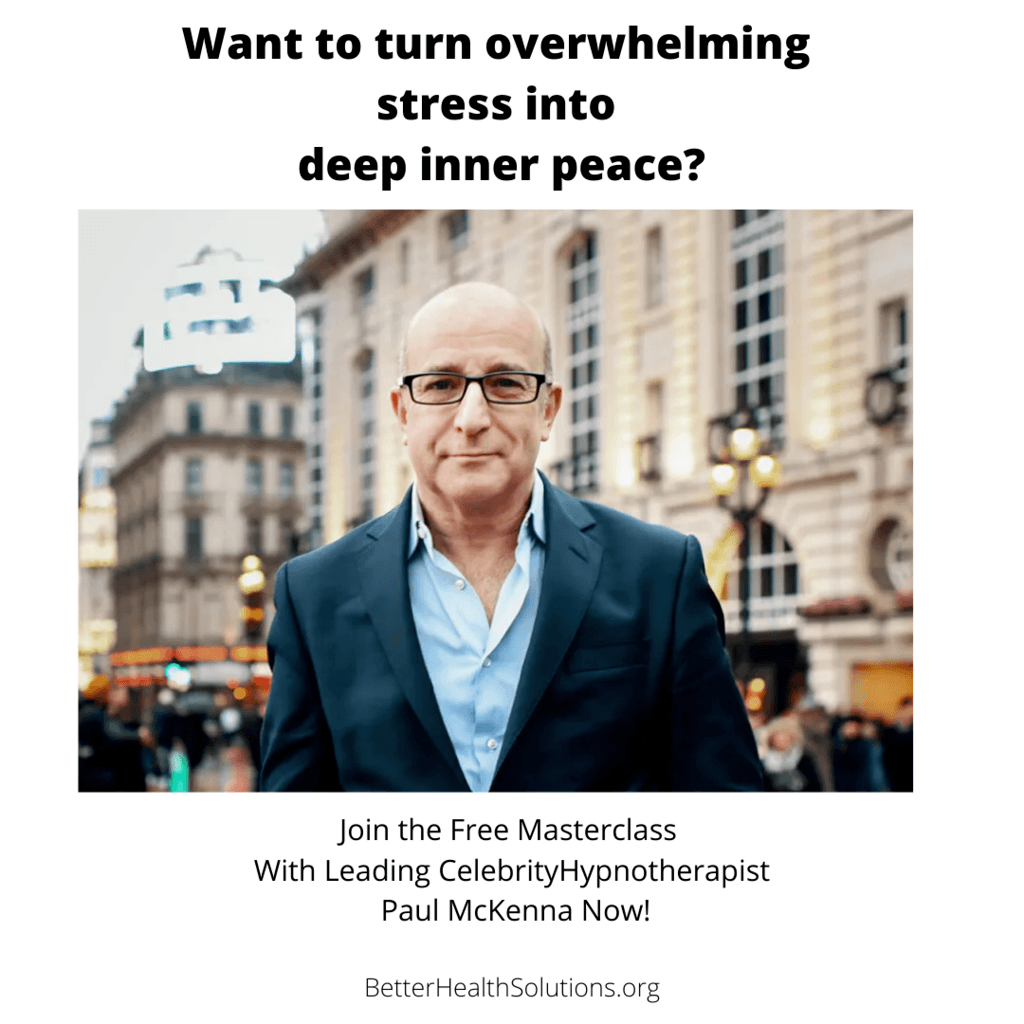Guilt is a powerful self-conscious emotion that happens when you feel responsible or remorseful for doing something wrong or perceived as harmful. This feeling can manifest even if you are not actually accountable nor participated in the action or situation.
Overall, guilt is about feeling personally responsible or sorry for a situation. Unfortunately, negative feelings are hard to get rid of and can wreak havoc on your personal and professional life. Nonetheless, you do have the ability to stop feeling guilty with the right tools and resources.
Here are four ways to stop feeling guilty and reduce anxiety.
Highlight the Source of Your Guilt
Ask, “Why do I feel guilty?” and, “What happened recently to make me feel this way?” Remember, only you can answer these questions honestly and know the answers. Don’t be afraid to be truthful to yourself. The more genuine you can be, the easier it will be to get rid of the guilt and live a happier life.
If you can’t pinpoint why you feel guilty, it’s a good idea to set up an appointment with your doctor. Feeling guilty for no reason or having guilt completely debilitate your life could also signify that something else, health-wise, may be wrong.
Accept Responsibility and Apologize
If you can find the source of your guilt, it is time to accept it for what it is. If you are genuinely responsible, apologize where necessary and commit never to repeat the action or situation. Truly accepting responsibility and being sorry for your actions means you know you need to do something different to do better and avoid being a repeat offender.
Practice Self-Compassion and Forgiveness
Now that you have accepted full responsibility and are aware of what is causing the guilt, it is time to seek forgiveness within yourself. Most mistakes are not the end of the world. In fact, a mistake can be positive too, as it helps you grow and become a better person.
Take Action Towards Your Goals
The final thing is to move on to your goals. If feelings persist, find ways to distract yourself with the things that matter most. Remember, you already took responsibility and apologized for the mistake. You don’t need to dwell on it any longer. Over time, as you achieve more goals, you will learn that the feeling was helpful and is no longer needed.
If you are suffering from guilt, take the time to follow through on each of these techniques. Note that these techniques will not work if you are not honest with yourself first. You must notice your actions and inactions with full awareness. Without honesty, you won’t be able to highlight the source that’ll allow you to forgive and move on with your life. Use guilt to be a better and stronger person instead, with these techniques.













